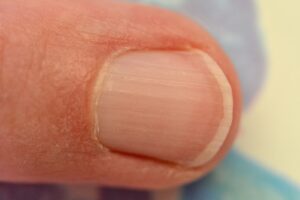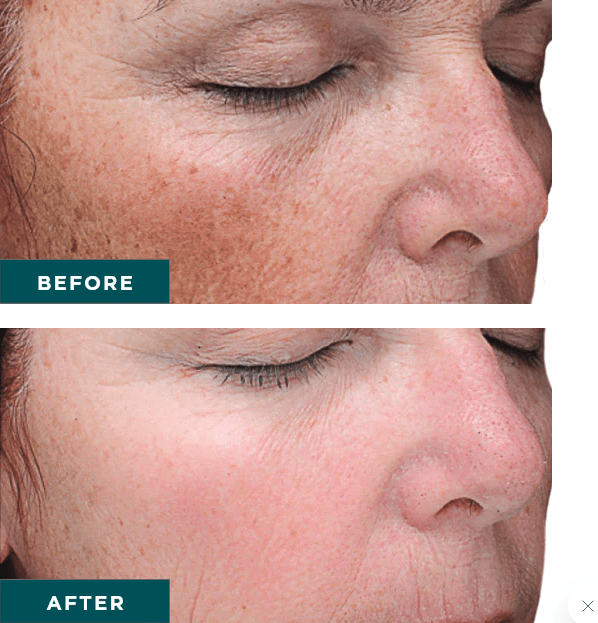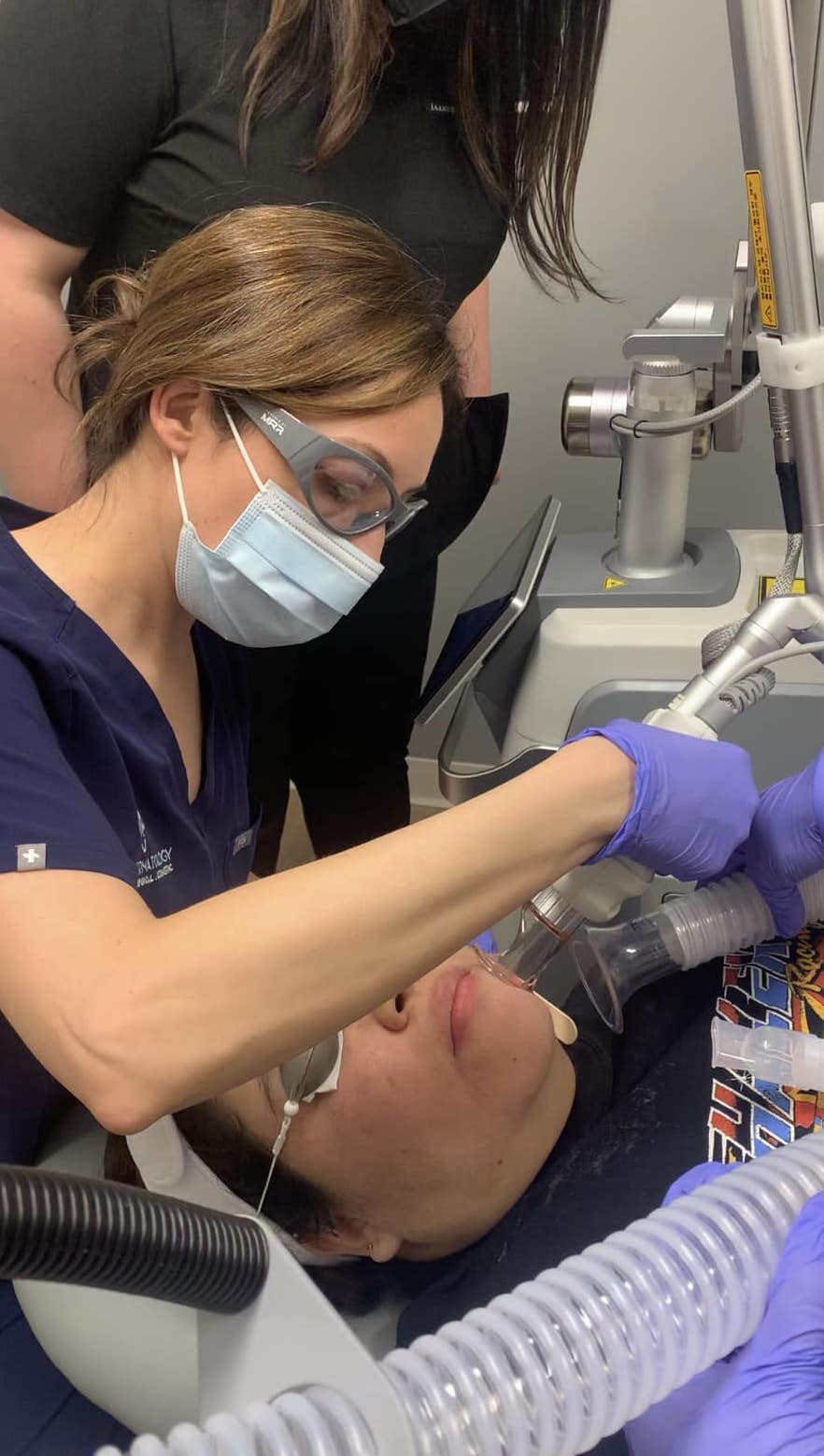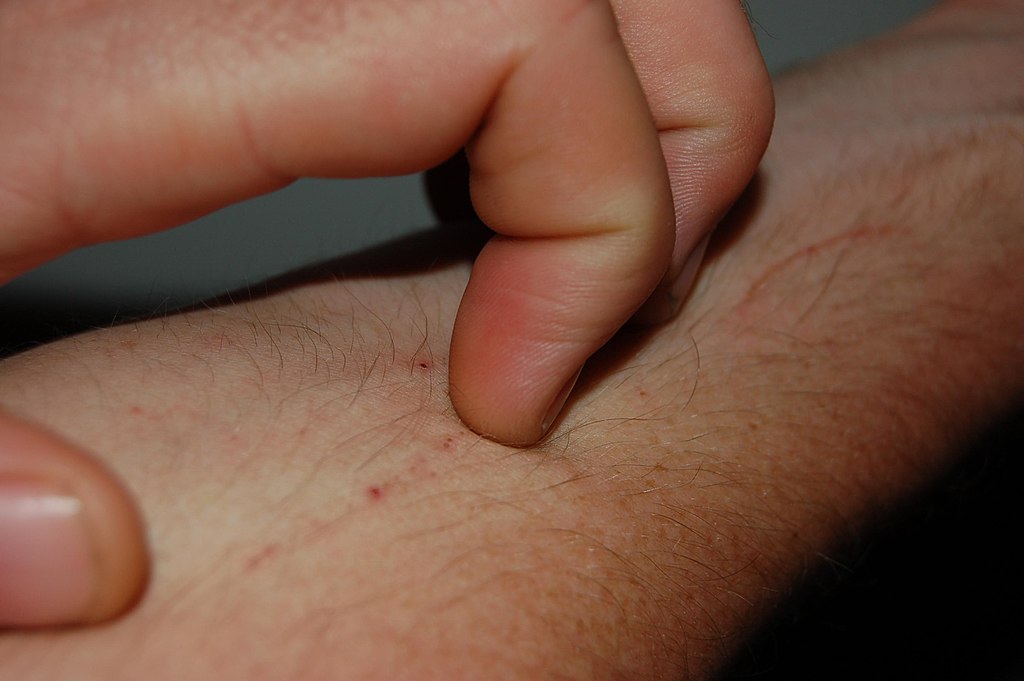
Winter Itch (and How to Treat It)
What is winter itch?
Winter itch, also known as pruritus hiemalis, is a type of dermatitis that can affect you most during cold weather. It can affect any part of the body (except the hands, face, feet and scalp), but it is most common on the legs.
Asteatotic eczema is another form of winter itch, and it has similar symptoms.
What are the symptoms?
Since the skin is rough, dry and irritated, constant scratching is a primary symptom, leading to even rougher skin and even visible scratch marks. Without treatment, these symptoms can become even more intense.
It is most noticeable at night and can be especially irritating when you’re changing your clothes.
What causes it?
Although its cause is not completely known, cold and dry weather seems to be a factor (hence the name), as well as certain types of coarse clothing such as wool.
Heat can also be a culprit, as wintertime heating also reduces the moisture in your home.
When it’s cold outside, some people (especially those with poor circulation) use portable heaters to keep body parts warm. “Keep space heaters at a distance rather than directly on your lower legs,” advises Vista Dermatology’s Dr. Karla Muñoz.
Who gets it?
Both men and women can be afflicted, particularly older people with drier skin. Children and adolescents seldom are affected, however.
How is it treated?
Less severe symptoms of winter itch can be treated at home, with the overall goal being to alleviate discomfort and stop the scratching.
Try taking a warm bath with a quarter-cup of baking soda blended into it before bedtime. It will help with the itch and give the added benefit of relaxing you for sleep. Don’t forget to moisturize.
Dr. Munoz adds, “Reduce the temperature and frequency of your hot showers. Pat dry with a towel, then apply a ceramide-based over-the-counter cream within a few minutes of getting out of the shower. I also think a water softener helps if you are prone to dry, itchy skin. ”
“Use an over-the-counter hydrocortisone 1% cream in addition to your moisturizer,” she recommends. “Also, try to wear 100% cotton fabrics and switch to a fragrance-free laundry detergent.”
If your symptoms (and scratching) persist or worsen, make an appointment with Dr. Muñoz for further professional treatment.

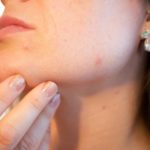 Previous Post
Previous Post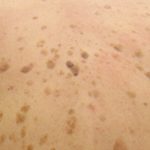 Next Post
Next Post